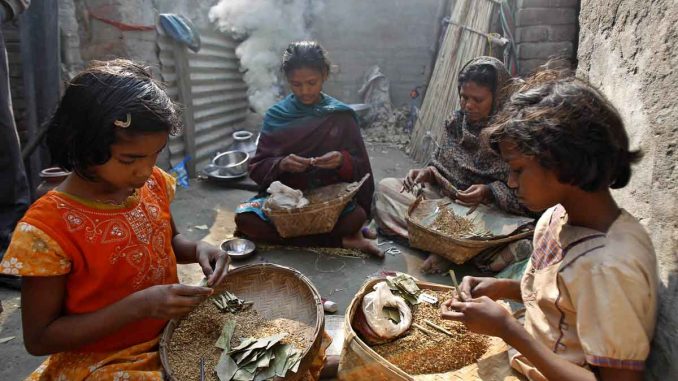
Rasha Omar, Country Programme Manager for India, International Fund for Agricultural Development (IFAD), in an interview to OneWorld South Asia, said that the UN agricultural arm is focused on rain fed areas in India.
OneWorld South Asia: IFAD’s focus in India is primarily on rain fed areas and their market linkages. What made you choose rain fed areas in India?
Rasha Omar: IFAD has been working for over 30 years in India. Our key focus has always been on the disadvantaged areas and all of them have been in the rain-fed region which covers two-thirds of the agricultural area in the country and where you have higher incidents of poverty than elsewhere in the country.
That explains the alignment with geographic areas as well as with our mandate because our key mandate is to reduce rural poverty and to target the disadvantaged groups in the deprived areas.
OWSA: What are the most successful outcomes of IFAD interventions in India?
Omar: The first very important successful outcome is the empowerment of local communities. Farmers have their own community organizations whether it is to manage their own natural resources in terms of range land, forest land and agricultural land or if they are managing their own savings and credits. We have an incredible achievement with the self help groups of women.
The organization is helping people build confidence and also diversify their livelihood. The second key result is that we have a package of technologies that helps to reduce the cost of production by close to 70%. IFAD also helps to reduce significantly the use of chemical fertilizers and pesticides. I believe this is extremely important for both reducing the cost and helping farmers to get better prices for their products.
The second big achievement is the fact the farmers can now access markets on better terms. We have seen this in terms of the relationship of contractual farming arrangements between the farmers and large super market chains in western countries wherein they have been procuring specialty products from India like baby corn. The better cotton initiative has been able to reach to a hundred thousand farmers just in the Vidharbha region of Maharashtra this year.
OWSA: How has IFAD interventions improved the economic prospects of the marginalised farmers?
Omar: The issue with the building of capacity and markets is basically to build their awareness about business opportunities. Once the farmers understand their costs and their returns they are able to work very quickly for their benefits.
One of the aspects that I have been able to witness is that farmers have been able to link well with a better product of cotton using more sustainable production techniques. When the farmers learned with cotton storage they can wait till the prices are better they started to do it on their own. Farmers are very business savvy. What you need to work on is the information that they have and the opportunities.
OWSA: What are the key focus areas for IFAD in India?
Omar: Our focus will remain on rain fed agriculture as our aim is to really make farming a remunerative and attractive business, especially to young people.
The other aspect that was quite emphasized today is that agriculture is changing in India and there are many measures that have been taken in order to make it more business oriented, more professional and more climate-resilient.
Therefore, our approach also needs to change so that we can bring quick technologies to the farmers over a short period of time and with a wide coverage.
OWSA: How do you think the IFAD projects are aligned with SDGs in India?
Omar: We work mostly on the SDGs related to eliminating poverty and hunger. What we have seen from the projects that we are currently financing is that the top performing ones are able to move the communities from a medium or higher level of poverty to lower level of poverty.
We have seen the levels of poverty in communities were 50% about five or six years ago, but today it is only 15%. It means that key activities around better management of natural resources could manage your savings and your business activities to generate more income. It’s important for individuals and communities to master this way and within four or five years they’ll be able to move out of poverty.
Source: Zee News

Leave a Reply